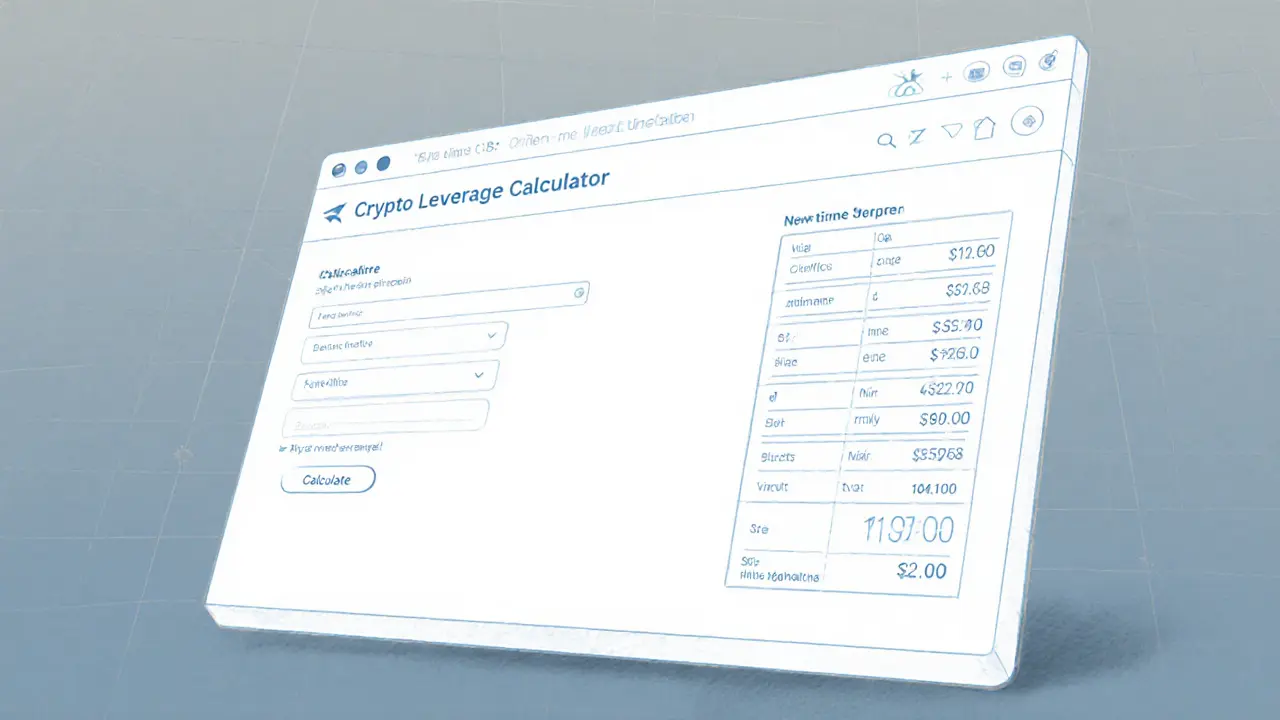Crypto Derivatives Exchange – What You Need to Know
When navigating crypto derivatives exchange, a platform that offers futures, options, and leveraged tokens on digital assets. Also known as crypto futures marketplace, it lets traders bet on price moves without owning the underlying coin. Crypto futures, standardized contracts that settle at a future date are the backbone of most derivatives sites. Margin trading, trading with borrowed funds to increase exposure depends on these contracts, and the exchange must provide reliable collateral management. In short, a crypto derivatives exchange enables leveraged speculation while offering risk‑management tools like stop‑loss orders and liquidation safeguards. If you’re new to this space, think of the exchange as a sports betting venue where the “games” are price movements, and the “bets” are contracts that can be bought, sold, or rolled over.
Key Components and How They Fit Together
First, every exchange needs a robust order‑book engine that matches buyers and sellers in real time. This engine processes market orders, limit orders, and stop orders, creating the price discovery mechanism that underlies futures pricing. Second, the platform must support leveraged tokens, pre‑packaged products that automatically apply a set leverage to an underlying asset. Leveraged tokens simplify exposure for users who don’t want to manage margin themselves, but they carry decay risk during volatile periods. Third, risk controls such as insurance funds and auto‑liquidation thresholds protect the exchange from cascading failures when traders’ positions go deep underwater. Together, these pieces form a ecosystem where crypto derivatives exchange encompasses contract design, collateral handling, and user‑friendly interfaces.
Beyond the technical side, regulatory environment and market liquidity shape how each exchange operates. Regions with clear futures‑trading rules tend to attract institutional liquidity, which tightens spreads and lowers slippage for retail users. Meanwhile, decentralized derivatives protocols bring transparency by publishing contract code on‑chain, but they often rely on oracles for price feeds, adding a trust layer. Whether you prefer centralized hubs with fiat on‑ramps or permissionless platforms that let you trade directly from a wallet, the core idea stays the same: you are speculating on future price movements using contracts that can be settled in cash or crypto. Below you’ll find a curated list of articles that break down the most popular exchanges, compare fee structures, and walk you through step‑by‑step strategies for safe leveraged trading.
Delta Exchange Review: Fees, Leverage, Security & Trading Experience
A detailed Delta Exchange review covering fees, leverage, security, trading tools, pros and cons, plus a comparison table and FAQs for crypto derivatives traders.
VIEW MORE
